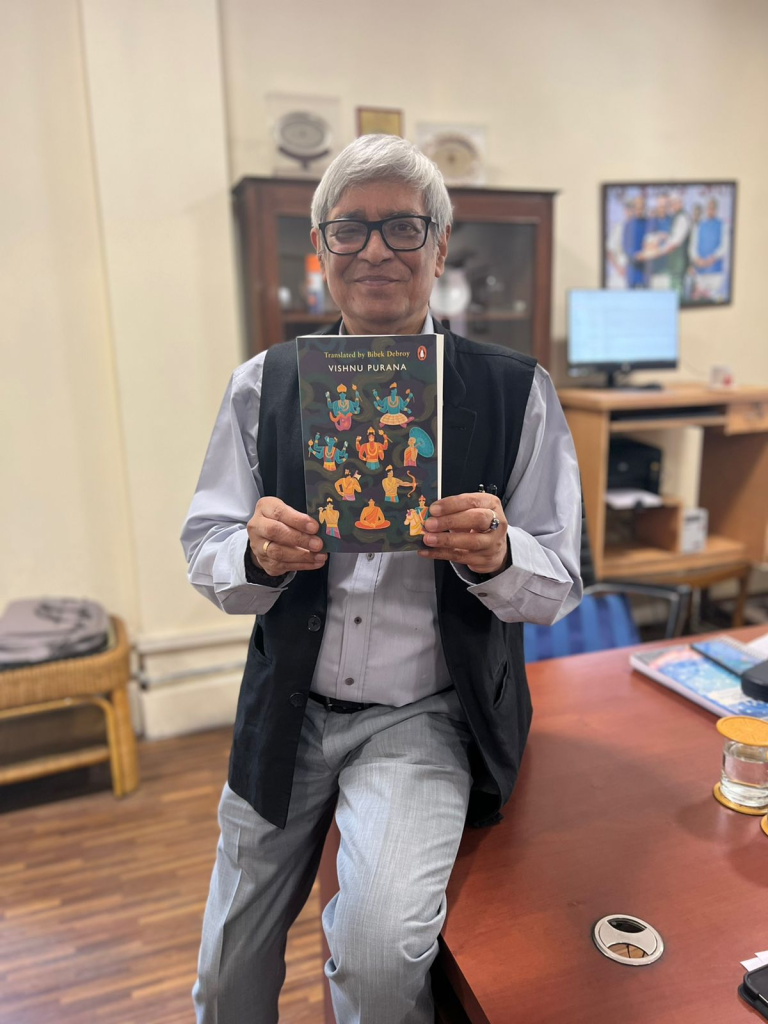Those who read science fiction will be familiar with Ray Bradbury’s “Fahrenheit 451”. It is about a society where books are banned. 451 degrees Fahrenheit is the temperature at which books, and paper, self-combust. The sword has often feared the pen, leading to banning of books. In 1951, the First Amendment to the Constitution ensured that the citizen’s right to freedom of speech and expression was no longer absolute. While there were other elements to the First Amendment, one of the triggers was press censorship. A fallout is banning of books.
The word “ban” is used in a loose sense. Who bans and under what provision? When Union government imposes a “ban”, it is typically a ban on imports of a book into India, under Section 11 of the Customs Act of 1962. The import of a product, including a book, can be banned in the interests of “the maintenance of the security of India” or “the maintenance of public order and standards of decency or morality”. The former is understandable, the latter is not. If there are books that advocate the violent overthrow of the Indian State, one can understand those being banned. In this day and age, even that is iffy. A book banned for imports is readily available through the Internet. In any event, after 1947, there are only a few books that have been banned under this security clause. Aziz Beg’s “Captive Kashmir”, Bertrand Russell’s “Unarmed Victory” and Zuhair Kashmeri and Brian McAndrew’s “Soft Target” are perhaps the only instances. As we celebrate the 75th year of Independence, India is resilient and robust enough for the country’s security not to be challenged through the publication of a book. All the other banned books are under the clause of public order and indecency and there are three categories. First, something with sexual overtones (“Scented Garden”); second, those regarded as politically unacceptable (“The Heart of India”, “Nine Hours to Rama” are examples); and third, those that have hurt religious sentiments (such as “The Satanic Verses”). In 1962, when the Customs Act was passed, imports of all kinds of products were banned into India. Today, imports have been liberalized. Why should we invoke a 1962 law to prohibit imports of books?
Union government acts on imports. State governments can also seize books (ban them) under Section 95 of the Criminal Procedure Code (CrPC). Such bans are primarily on religious grounds. This will typically invoke some section of IPC (Indian Penal Code), Sections 124A, 153A, 153B, 292, 293 or 295A. I think we should read these sections carefully, before mechanically accepting bans. Section 124A? Seriously? Will India’s territorial integrity be upset by a book? Sections 292, 293? Seriously? With the kind of stuff that floats around on the Net, unless child pornography is involved (I know of no book that does this), why are we bothered about obscenity? This leaves 153A, 153B and 295A. I personally think all religions should be confident enough, so as not to feel threatened by a book. This leaves the issue of people seeking court intervention, asking for bans. Personal defamation is a different matter. But otherwise, I think we should check our impulses. Courts have better things to do. Let them try murders. Let us not use them to murder books.
About the Blogger:

Bibek Debroy is an eminent Indian economist, who serves as the Chairman of the Economic Advisory Council to the Prime Minister of India. He has made significant contributions to game theory, economic theory, income, and social inequalities, poverty, law reforms, railway reforms, and Indology among others. He is also an anchor for the fortnightly show Itihasa on Sansad TV.
From its inception in January 2015, till June 2019, Mr. Debroy is a member of the NITI Aayog, the think tank of the Indian Government. He was awarded the Padma Shri (the fourth-highest civilian honor in India) in 2015. In 2016, he was awarded the Lifetime Achievement Award by US-India Business Summit.
Bibek Debroy has translated the unabridged version of the Mahabharata into English, in a series of 10 volumes. He has also translated the Bhagavad Gita, the Harivamsa, the Vedas, and Valmiki’s Ramayana (in three volumes). He has translated the Bhagavata Purana (in three volumes), the Markandeya Purana (one volume), the Brahma Purana (two volumes) and the Vishnu Purana (one volume).
Link to Buy Bibek Debroy‘s Books:
https://pages.razorpay.com/bibekdebroy23books














